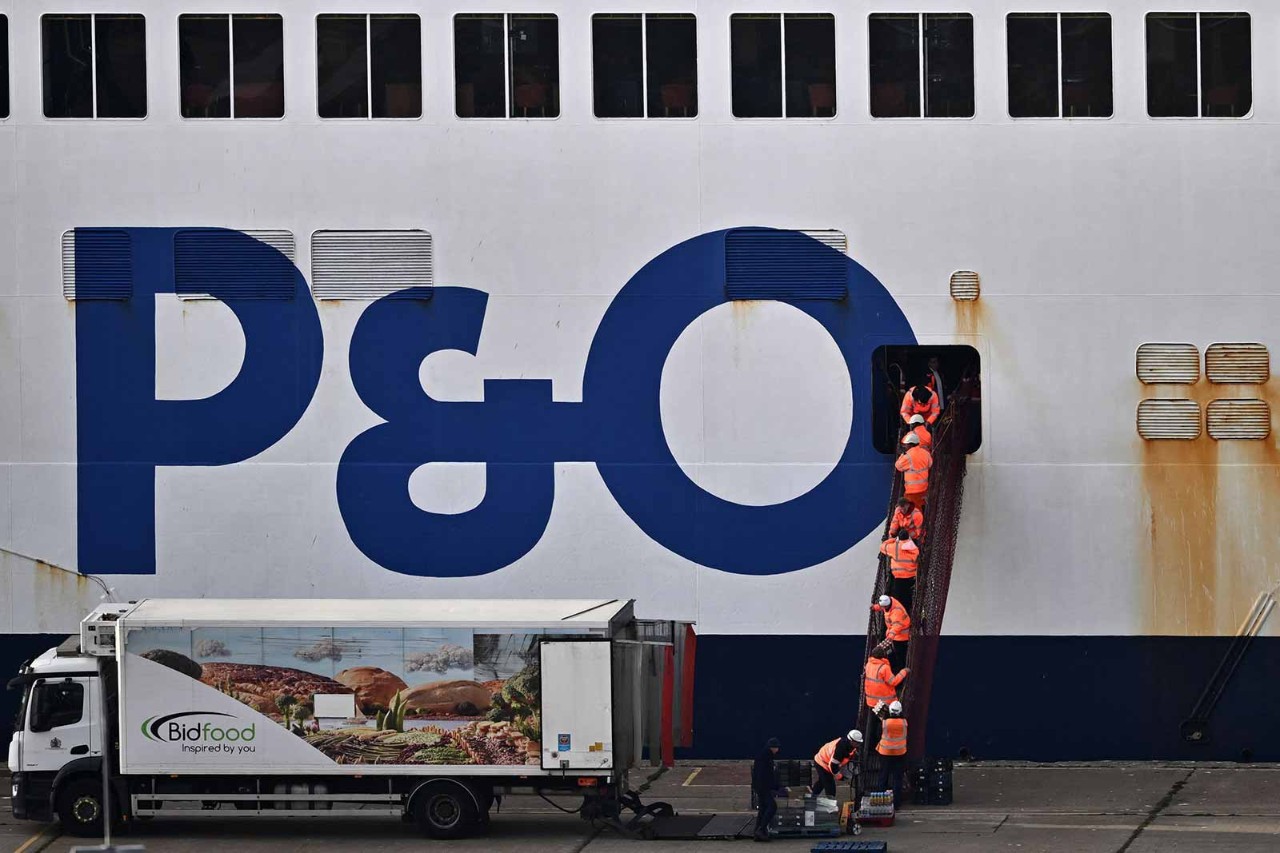
The UK government announced the sixth carbon budget in April 2021, setting the climate change target to reduce emissions by 78% by 2035 and aiming to bring the country more than three-quarters of the way to net zero by 2050.
It’s now widely recognised that SMEs will need to make every effort to decarbonise if we are to reach both targets.
‘The standards and guidance being issued are normally directed at the largest entities’
SMEs make up the majority of the economy and, according to the British Business Bank, are responsible for a third of all the UK’s greenhouse gas emissions. However, the last 18 months have been so tough that environmental concerns are low on their agenda.
No time to think
‘Many SMEs have faced huge challenges during the pandemic and are now also worried about soaring costs – particularly energy bills’, says Stephen Heathcote FCCA, chief executive of consulting association PrimeGlobal and former executive director at ACCA.
‘When you’re constantly fighting fires, it’s hard to make the head-space to think about net zero.’
It’s clear, however, that these cost pressures provide an added imperative to act, particularly considering that the energy crisis will be ongoing in the fallout from Russia’s invasion of Ukraine.
Two in three SMEs don’t think they have the knowledge or skills needed for the transition to net zero
The government’s plan to end the UK’s dependency on hydrocarbons from Russia could be seen as a wake-up call, says Heathcote. ‘It’s an opportunity for SMEs to start looking closely at ways to use less energy, which can in turn reduce costs.’
Knowledge and skills gap
The problem is that many SMEs do not know where to start on the road to net zero. ‘The standards and guidance being issued are normally directed at the largest entities and are much less relevant to SMEs, making it hard for them to engage,’ Heathcote says.
The latest survey from the SME Climate Hub reveals that as many as two in three SMEs don’t think they have the knowledge or skills needed for the transition to net zero.
Another survey (from YouGov) shows that their awareness of key climate change initiatives that could impact smaller businesses is very low. For example, fewer than one-fifth understood or had heard of emissions trading schemes.
Heathcote says some clients view net zero as a compliance matter, so they may find it difficult to make the direct connection between climate change and the business. ‘For example, insurance premiums are going up because of climate change, but they may not realise it.’
‘Put on your own oxygen mask first by understanding and measuring the environmental impact your firm makes’
There is currently no legal requirement in the UK for SMEs to measure (and report) their emissions, so many don’t know their carbon footprint either. ‘Some may think that measuring emissions requires experts using specialist tools and methodologies – and most don’t have the staff to throw at the task,’ Heathcote points out.
Accountants to the rescue
But this is where small and medium-sized practices (SMPs) can help, first and foremost by starting the net-zero conversations with their clients.
Heathcote admits SMPs often don’t feel confident doing this. ‘In this case, put on your own oxygen mask first. By understanding and measuring the environmental impact your own firm makes, you will develop the expertise, confidence and credibility to speak to your clients.’
Accounting practice Buzzacott issues a corporate responsibility and sustainability report annually, and this year it is also reporting the firm’s emissions. ‘The experience it gained enables them to provide guidance to their clients on how to start developing net-zero goals,’ says Heathcote.
There are various tools available to help SMEs calculate their current environmental impact – for example, the free Carbon Trust SME Carbon Footprint Calculator.
Get clients to focus on three or four core greenhouse gas indicators at first, so that the changes are manageable
Carbon reduction roadmap
‘The next step would be helping clients develop a carbon reduction roadmap,’ says Martin Sharp, executive director of DFK International. ‘Here, the biggest challenge is identifying practical, measurable and sustainable actions that they can undertake to reduce emissions. For example, many SMEs operate from leased premises and have little control over factors such as whether their energy supplier has green credentials.’
Heathcote suggests getting the clients to focus on three or four core greenhouse gas indicators at first, so that the changes are manageable.
Sophie Parkhouse, partner at Albert Goodman, adds that individual clients may need help defining what is within the scope of their net-zero ‘project’.
‘For example, if they’re considering travel, will they be looking simply at the emissions from company-owned vehicles or will they also include their employees’ business travel emissions, or even their commute to work?
‘Once this scope is agreed, will they be making a straight carbon offset to neutralise their emissions, or will they be changing their behaviour to reduce their emissions as far as possible and only then make the offset?’
Vetting chains
SMPs can help clients interrogate their supply chains to ensure that they work with responsible partners. They can also show them examples of clients who are making good progress on the road to net zero.
‘Use your insights from your deep sector experience and ability to benchmark between different clients operating in the same market, highlighting where the client in question can make improvements,’ Sharp says.
More information
Join The Practice Room LinkedIn Group, ACCA’s online community of small and medium-sized practices (SMPs). This group brings together the global practitioners’ community to offer support, tools and advice that will help you stay connected and relevant in a fast-changing world. Connect with your peers, share useful resources, participate in the discussions and learn from each other.
See takeaways from previous events on sustainability ROI and tech solutions.




